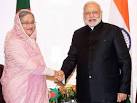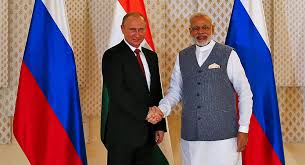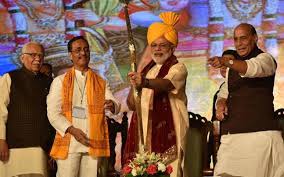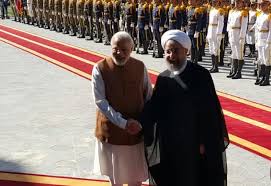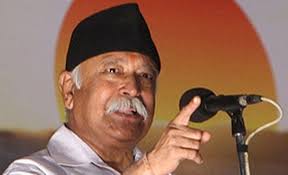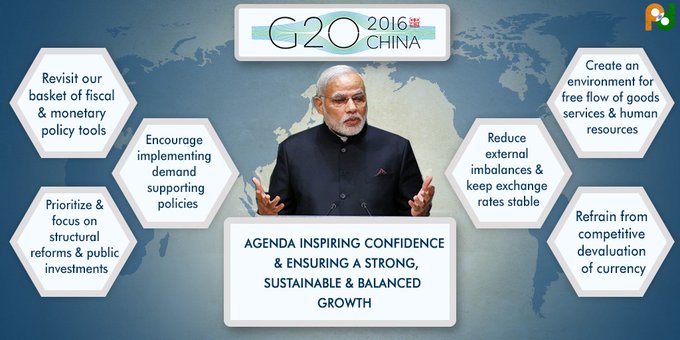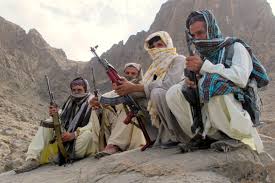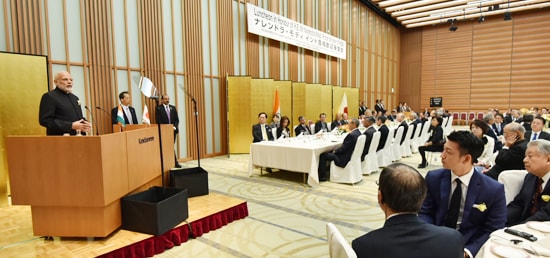
Modi trumpets ‘Incredible India of credible policies’ in Tokyo
Kindling the India growth story anew on a wet and rainy day in the Japanese capital, Prime Minister Narendra Modi underlined the centrality of India-Japan relations in Asia’s emergence and pitched for more enhanced investments from Asia’s second largest economy.
The conference hall at Keidanren, the seat of Japan’s all-powerful corporate body, was buzzing with energy and enthusiasm as Mr Modi addressed a galaxy of top Japanese leaders and highlighted a set of steps taken by his government which have made India the world’s most attractive investment destination.
“Today, India is on the path of several major transformations. We have taken decisive steps and built a governance system that will help India realize its potential. The results are already visible,” Mr Modi said.“Today, India is on the path of several major transformations. We have taken decisive steps and built a governance system that will help India realize its potential. The results are already visible,” Mr Modi said.
“Even against a weak international economic scenario, the news from India is of strong growth and abundant opportunities. It is of Incredible opportunities, and about India’s Credible Policies.”
Read More

